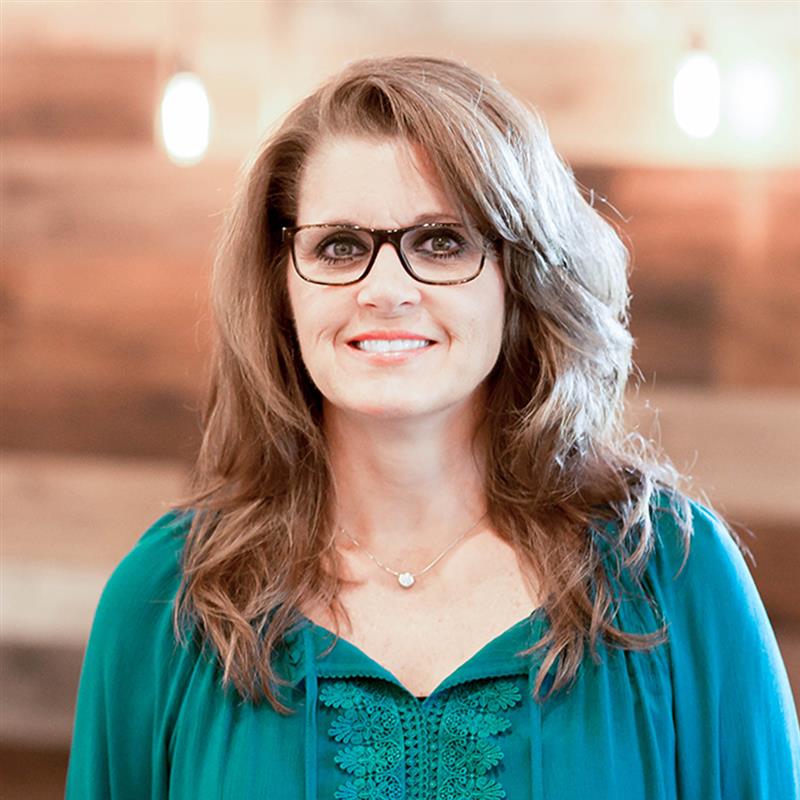It is hard to think of allowing our children to make mistakes, but that is the only way they will learn. Not being successful at something on the first time does not mean your child will never get it; it only means your child needs practice. Children fall down a lot when they are learning to walk. They fall as they begin to run faster when they are toddlers. They fall off their bikes many times when they are learning to ride. With practice, they are ready for those training wheels to come off, and riding is a skill they can use for the rest of their life.
Our desire as parents is to protect our children from any pain, if possible. This feeling comes from a place of love, but it is harmful to the child’s emotional and physical development. A child must learn a new athletic skill, academic concept, life skill, or a new game only by practicing this over and over. That’s why coaches have kids runs drills at practices. That’s why teachers give students homework. That’s why you help your children learn self-help skills (dressing themselves, brushing teeth, hand washing correctly) and chores around the house.
Our goal as parents is to raise our children to be independent, emotionally and physically healthy adults. So, they can have their own jobs/careers and start their own families. In order to accomplish this goal over the childhood and teenage years they live in our homes, we have to slowly move from micromanager to advisor.
When parenting infants, you will be doing everything for them. You must meet every need—physical (food, clothing, shelter), emotional (learning to trust adults), and making them feel safe in their environment. As babies grow, they can begin to dress themselves, go to the restroom on their own, eat by themselves, and make choices of what they like to eat or play with.
When they enter school, your children will be practicing new skills every day and week. Let them endure an age-appropriate consequence to help them learn how to make better choices in the future. For example, if you remind your child to wear a jacket on a cold day to school, and he decides not to, then you let him go to school without it. You DO NOT take your child a jacket during the day. Even if he calls or texts you asking for it. The consequence will be either feeling cold at recess or having to sit inside while the class goes out to play. Your child will remember either consequence and hopefully make a better decision of listening to your reminders in the future.
You are harming your children’s development in problem-solving and self-help skills if you constantly make decisions for them and go racing to their rescue every time. In popular culture, there is a new breed of parenting that involves micromanaging: Lawnmower Parents.
Lawnmower Parents have evolved from helicopter parents, and instead of just hovering, fussing, and worrying for their kids, these parents take matters in their own hands. Essentially, lawnmower parents move ahead and clear a path for their child before they even hit a speed bump. Lawnmower parents try to prevent possible problems and mow down any and all possible obstacles in their child’s way.
Lawnmowing can look like regularly bringing your children what they forget to take to school, doing their homework or project for them, or talking with a teacher or coach for a better grade or position/playing time than what was earned.
As a parent, you must allow your child the opportunity to have consequences and use them as teachable moments.
- Discuss with your child what happened, how he or she felt during the event, and what he or she thought about the consequence given.
- Remember that the most important thing is to discuss what could be done in the future to prevent that from happening.
- Ask your child for ideas on any new routines that could be established to ensure the child has everything for school, such as creating checklists to go over the night before and maintaining a calendar to make sure assignments and chores are completed.
The goal of these discussions is not for you to yell at your children and state all the new rules that will be put in place for them, but rather to allow your children to come up with ideas that will work for them. Again, the goal is for the children to take responsibility for their actions and doing what needs to be done.
Honestly, it can be a very hard thing to move from being completely in charge, a micromanager, a Lawnmower smoothing life’s challenges, to becoming an advisor. This is what we are called to do as parents—to raise our children to become adults themselves.
“Show me your ways, LORD, teach me your paths.”
Psalms 24:5, NIV
Just as we pray, Lord, teach me, we must help our children practice life lessons and suffer the consequences so they will learn how to handle themselves when they reach adulthood.
In simple terms, how will your children learn to “catch” the ball if you only ever “roll” it to them?

